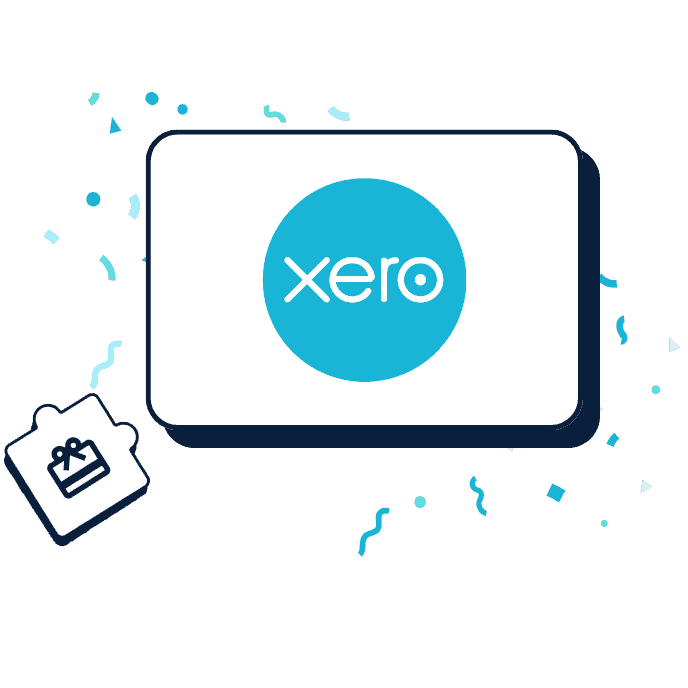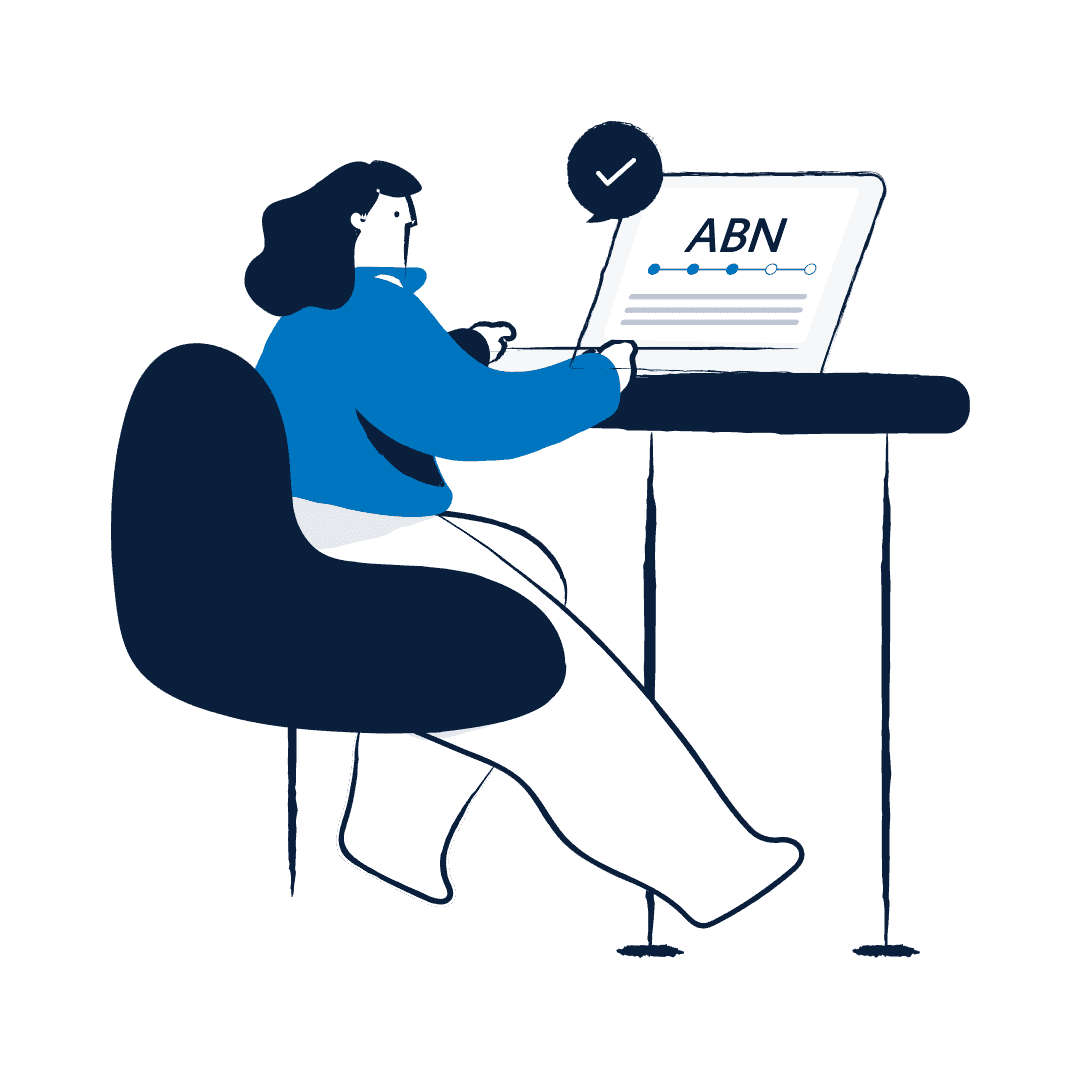Zac is a Product Manager at Lawpath, Australia’s largest and fastest growing online legal platform. Since joining Lawpath, Zac has assisted 1000s of startups and small businesses with their legal needs.

Get 90% off Xero for your first 6 months
If you have an ABN as a sole trader, you will have to pay tax on your individual income. Find out the rules in this article.
If you’re running your own business, you’re probably familiar with your Australian Business Number (ABN). As a business owner, you also have to comply with the rules set out by the Australian Tax Office (ATO). Your ABN doesn’t simply give you a reference point when sending invoices and other documents, it also means that you’re accountable to the ATO if you don’t comply with your tax obligations.
In this guide, we’ll explain what your tax obligations are as a holder of an ABN. Fundamentally, the tax you have to pay on your ABN depends on your business and your combined income. This is all counted and assessed when the financial year comes to an end on 30 June.
Australian Business Numbers (ABNs)
To operate your business in Australia, it is necessary to have an ABN (Australian Business Number). This unique 11-digit number is the key means of identifying a business and is provided when you register your business. Sole traders, partnerships and companies are all required to have an ABN.
You can register your ABN using an online form in a matter of minutes. Registering your ABN is crucial for tax purposes, including GST and PAYG. If your business is making more than $75,000 annually, then you may face a penalty if the ATO finds out that you haven’t applied for an ABN. If you are doing business with other businesses, then that business can withhold payment to you if you do not list your ABN on invoices you issue.

Start your ABN application in minutes!
Need an Australian Business Number to start a casual job? We've got you covered.
ABNs and Tax File Numbers (TFNs)
An ABN is necessary for operating a business, while a TFN (Tax File Number) is required for any person working in Australia. Most people apply for their own TFN when they start working at their first job. Your TFN will stay with you for life. However. if you start a partnership business, then you and your partner will have to apply for a separate TFN.
When you start working, you give your TFN to your employer, who can then deduct tax from your income. This is normally done through PAYG (Pay as You Go). With a TFN, tax is taken at the source, i.e., at the time you are paid. This means you normally don’t have to worry about your tax obligations at the end of the financial year.
If you run your business as a sole trader, you will be able to use your current TFN for tax purposes. However, if you are in a partnership or have started a company, your business will have its own TFN.
Tax Implications
With an ABN, tax is not taken directly from the source. For example, a carpenter raising an invoice will receive full payment for his or her work; tax is not deducted at this stage.
This means that as a sole trader with an ABN, you need to set aside a portion of your income so that you can meet your tax obligations when the financial year ends. When June rolls around, you must include your ABN earnings with any other income received; after you lodge your tax return, tax is assessed based on that combined income. The tax-free threshold sits at $18,200. If your income is higher than this, then progressive tax rates will apply.
What and how you need to report depends on your business structure. You can also use the ATO tax calculator to estimate the amount you are obliged to pay.
Compliance
Staying organised is key to ensuring you can meet your tax obligations at the end of the financial year.
Some things you can do include:
- Keeping all invoices issued as part of your business
- Retaining receipts for products purchased as part of running your business
- Understanding your tax obligations according to the ATO
- Being transparent and accountable in all your operations
Further, having a tax lawyer advise you on your situation will help you ensure you’re complying with your obligations. Tax can be tricky when it comes to running your business. However, if you understand the requirements and are organised, it doesn’t have to be difficult at all.

Get a fixed-fee quote from Australia's largest lawyer marketplace.







